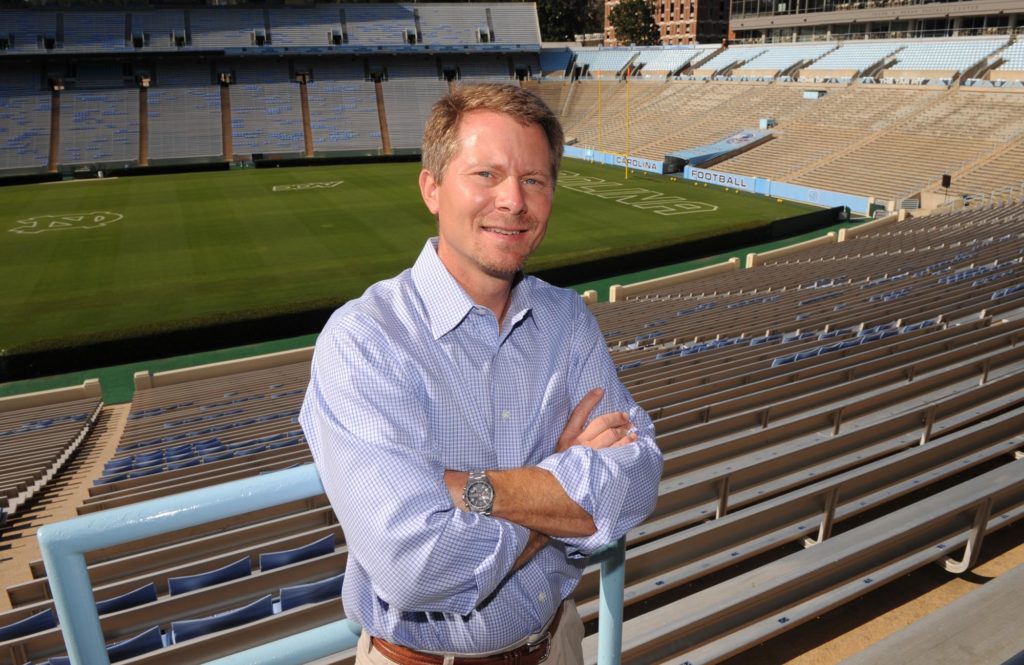 Jaye Cable (current chair of the Environment, Ecology and Energy Program (E3P) has been named senior associate dean for natural sciences in the College of Arts & Sciences.
Jaye Cable (current chair of the Environment, Ecology and Energy Program (E3P) has been named senior associate dean for natural sciences in the College of Arts & Sciences.
Her appointment is effective immediately, but she will also remain chair of E3P until June 30, the end of the academic year. She replaces Chris Clemens, who was appointed senior associate dean for research and innovation on March 25.
As senior associate dean for the natural sciences, Cable will oversee the following departments and programs: applied physical sciences; biology, biomedical engineering; chemistry; computer science; environment, ecology and energy; exercise and sport science; geological sciences; marine sciences; mathematics; physics and astronomy; psychology and neuroscience; statistics and operations research; and the Chancellor’s Science Scholars program.
Cable joined the UNC-Chapel Hill faculty in 2011 and the following year became chair of what was then called the Curriculum in Environment and Ecology. In her seven-plus years as chair, she implemented three dual bachelor’s-master’s degree programs, in partnership with UNC’s professional schools in media and journalism, government and information and library science. She also put in place a multi-unit environmental internship program in collaboration with the Institute for Environment and the Three Zeroes Initiative.
She spearheaded a major strategic planning effort to enhance and expand the university’s environment, ecology and energy research and teaching efforts. This became E3P, an interdisciplinary program launched in 2018. In collaboration with departments in the College and in the Gillings School of Global Public Health, she successfully hired six new faculty working at the intersections of water, energy, climate, planning, culture, economics and data science.
Cable’s primary research focus is low-temperature marine geochemistry, especially in coastal aquifer systems. She has also studied sea level rise impacts to aquifers, salt marsh hydrology and accretion, and submarine ground water discharge. She has active research grants from the National Science Foundation’s Chemical Oceanography and ADVANCE programs. Her work has been cited more than 4,000 times in peer-reviewed literature.
Cable has a B.S. in marine science from the University of South Carolina and a Ph.D. in chemical oceanography from Florida State University.




